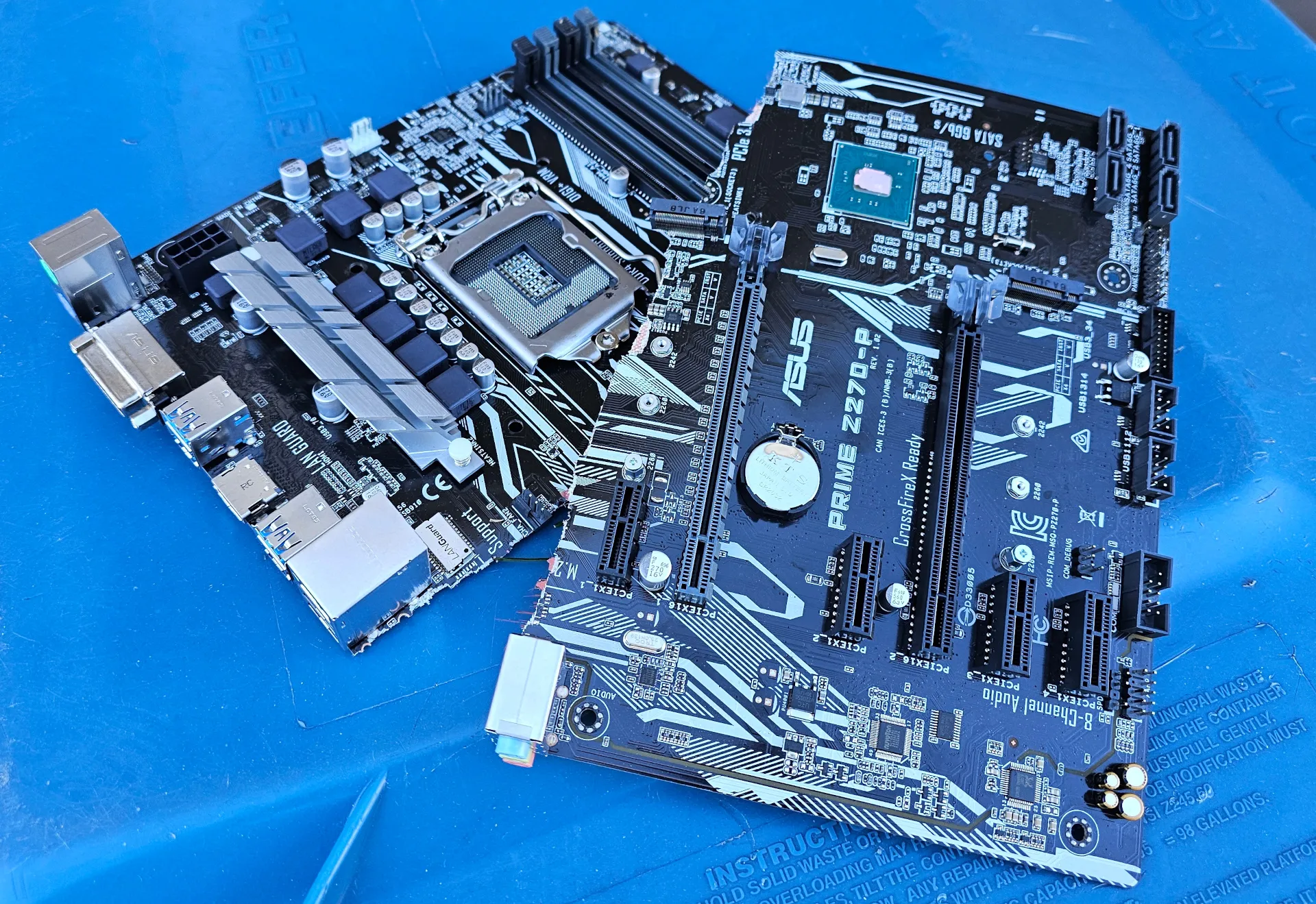

I would encourage you to do so. I do not think it would be wrong to learn how to use a common Open Source program like this. If you watch lot of YouTube, there is a channel Davies Media Design that teaches a lot of stuff in GIMP:
- YouTube directly: https://www.youtube.com/channel/UCq79-lfj2w7oRXGRcOP2B7g
- or through Invidious (an anonymized YouTube client in the browser): https://invidious.nerdvpn.de/channel/UCq79-lfj2w7oRXGRcOP2B7g
















I’m not suggesting to preserve a Linux version only. If anything, I meant to test and make sure the Windows build works with Proton on Linux, in addition to making sure it works on Windows. Some games have Linux versions, they just do not care about them either. And maybe make a Linux version of the GOG launcher as well.